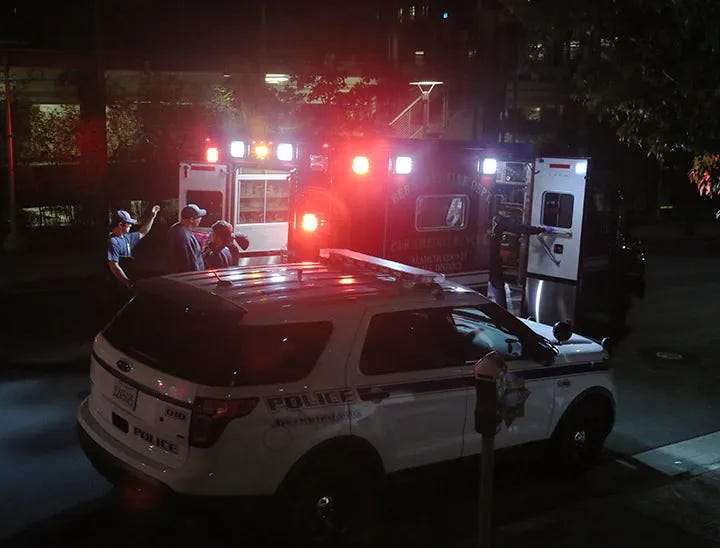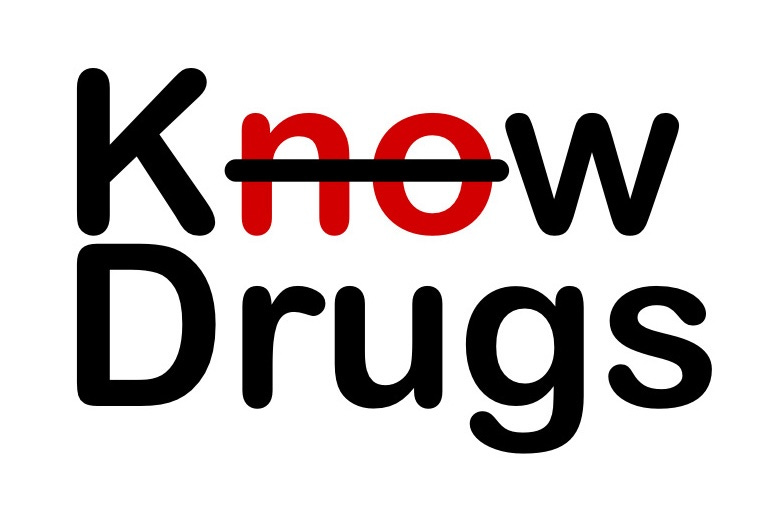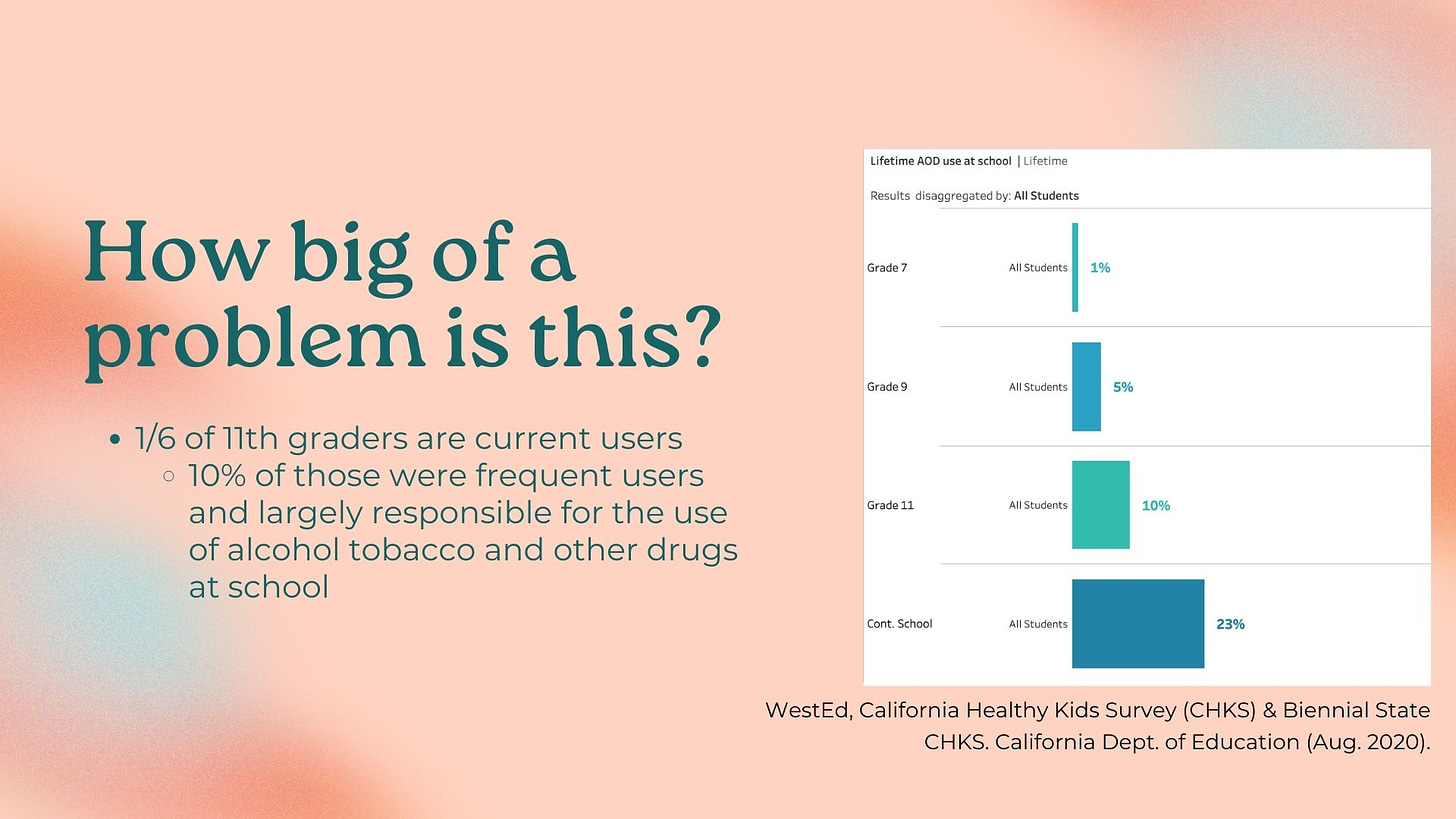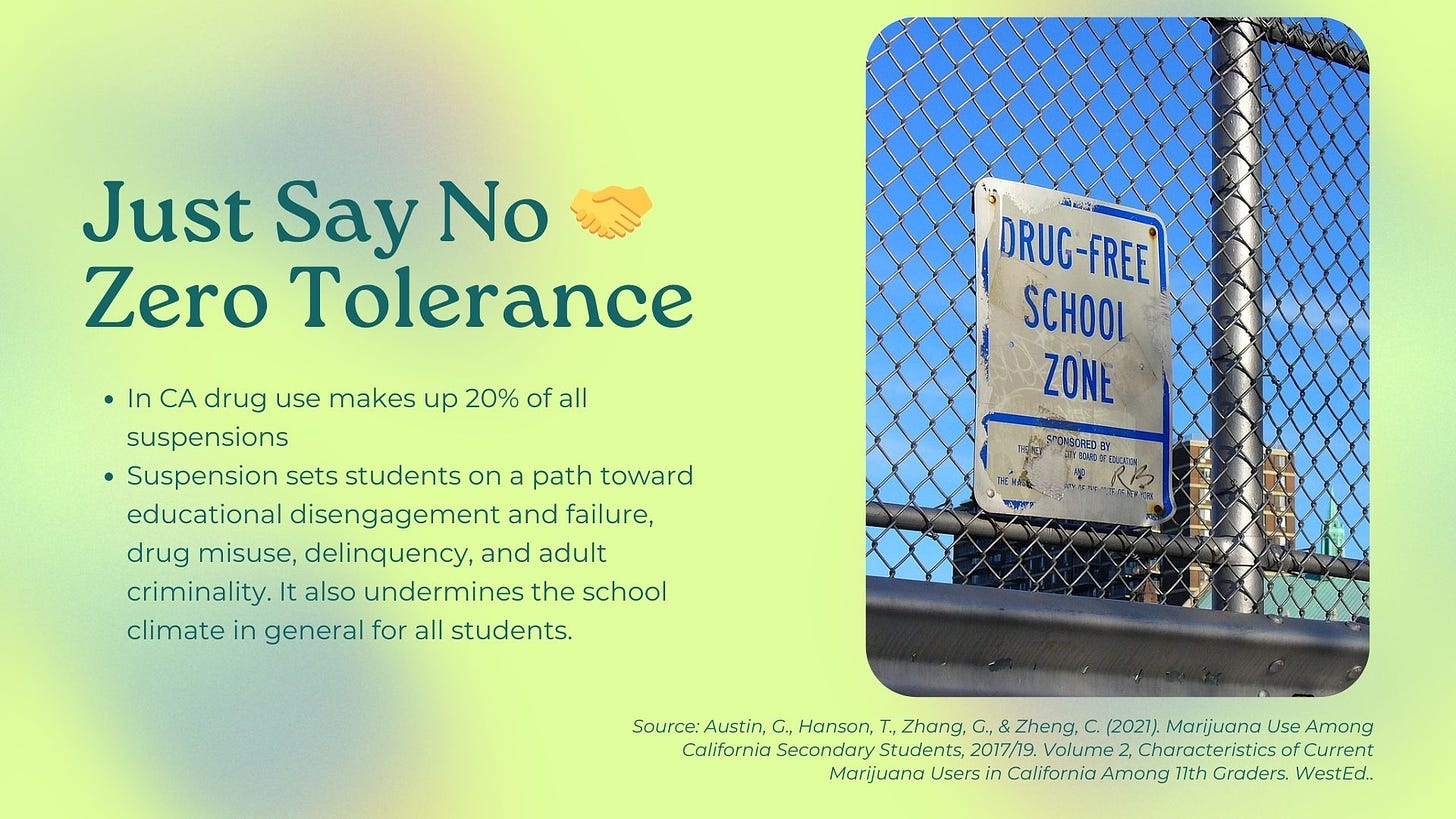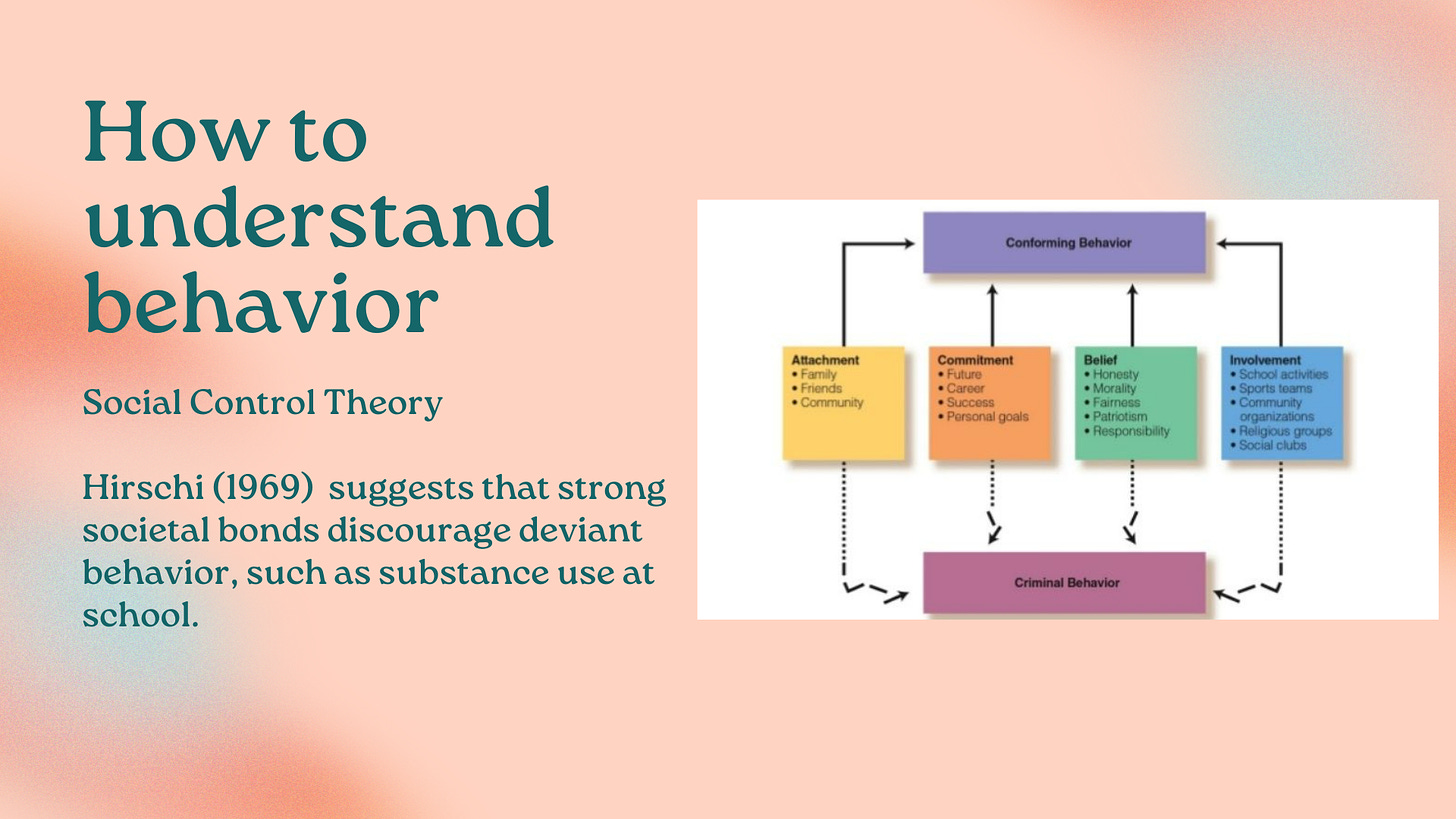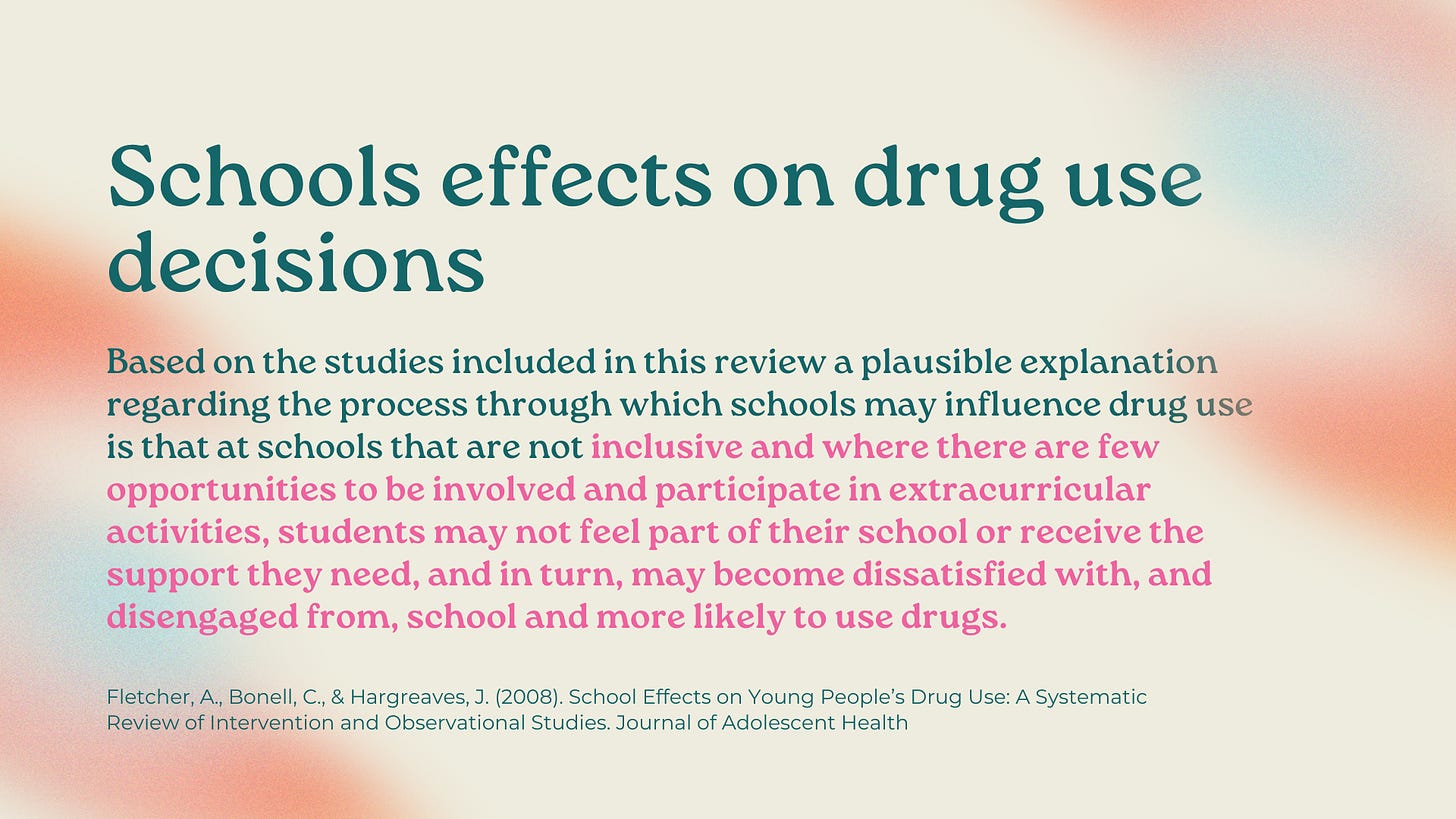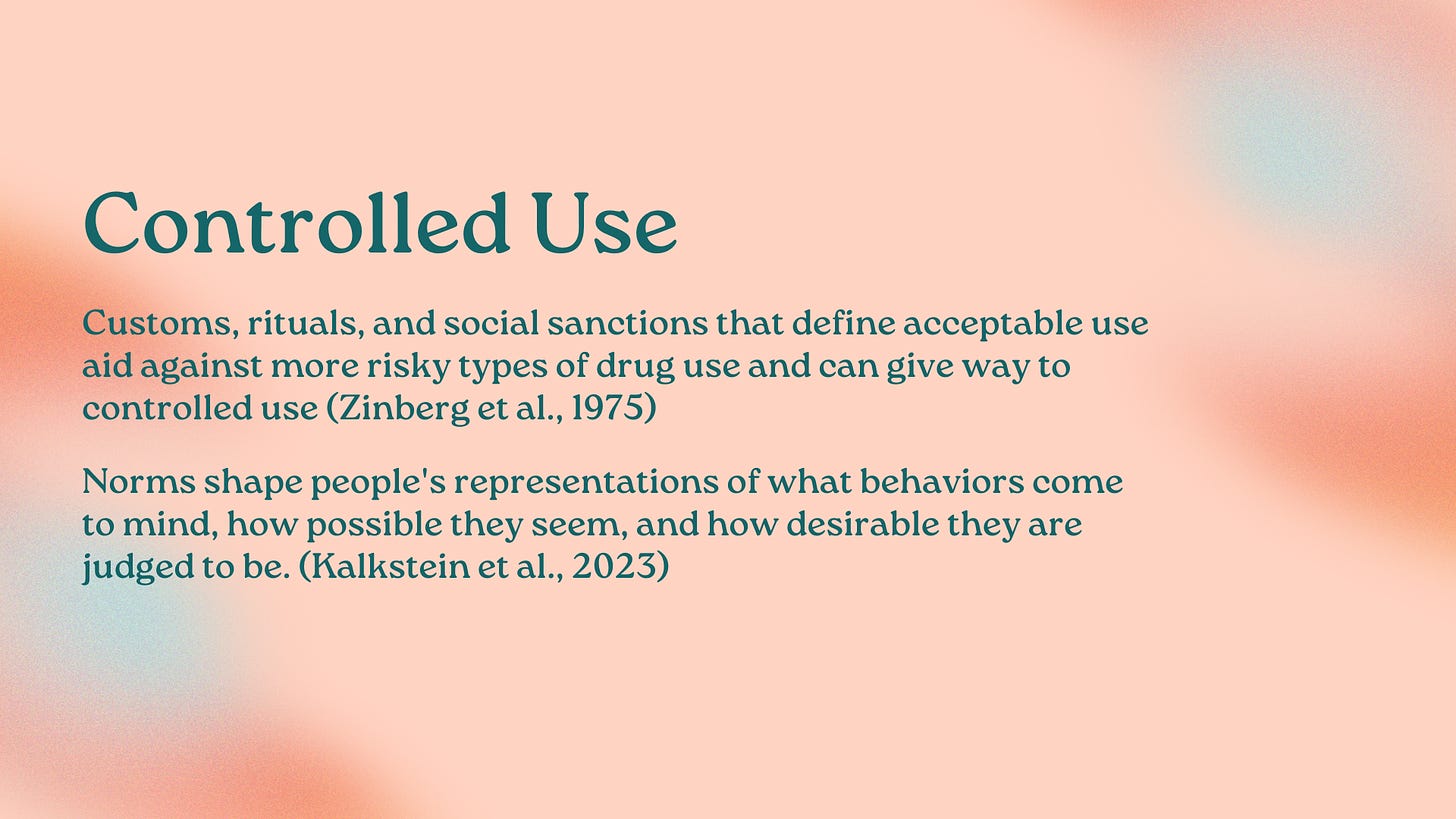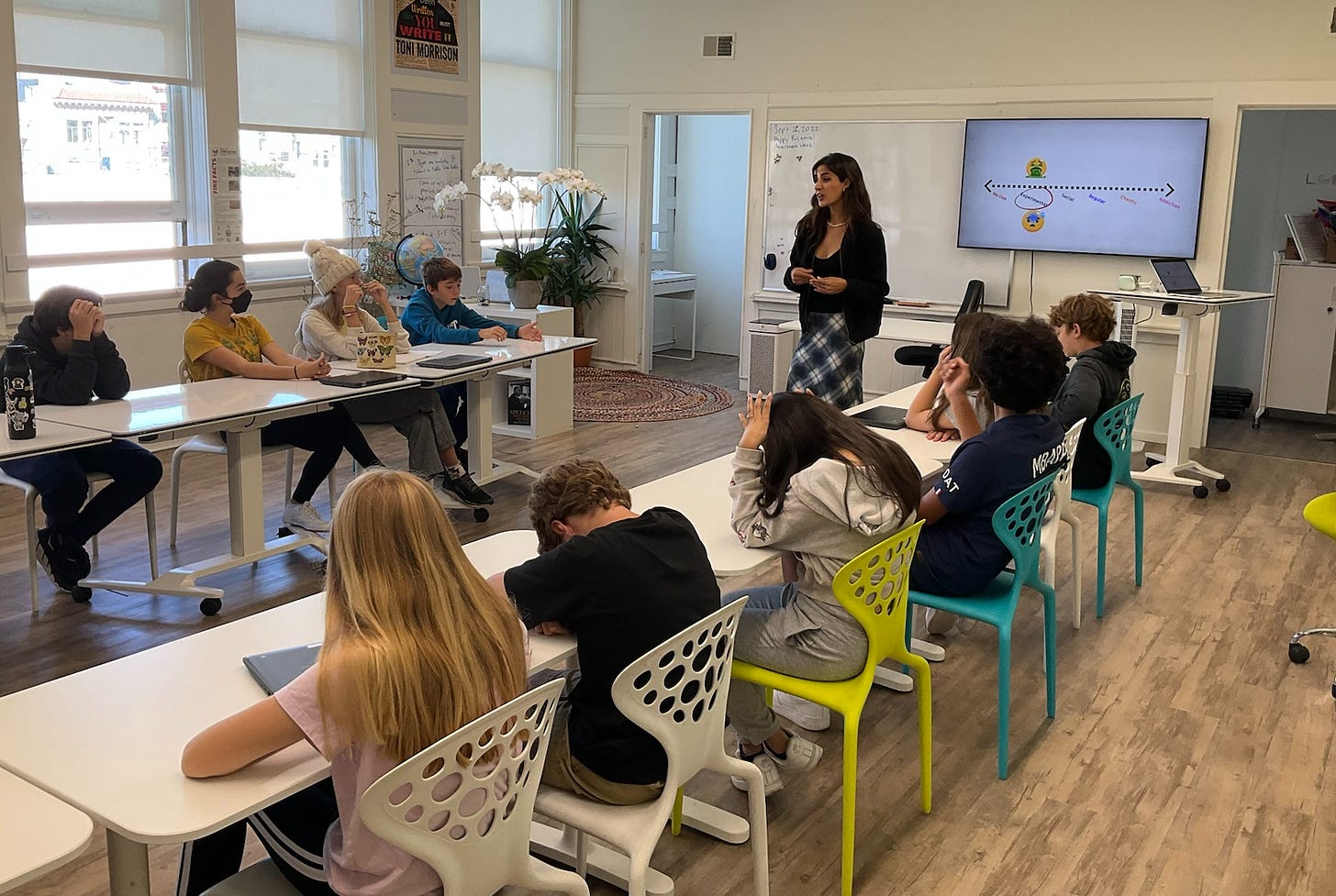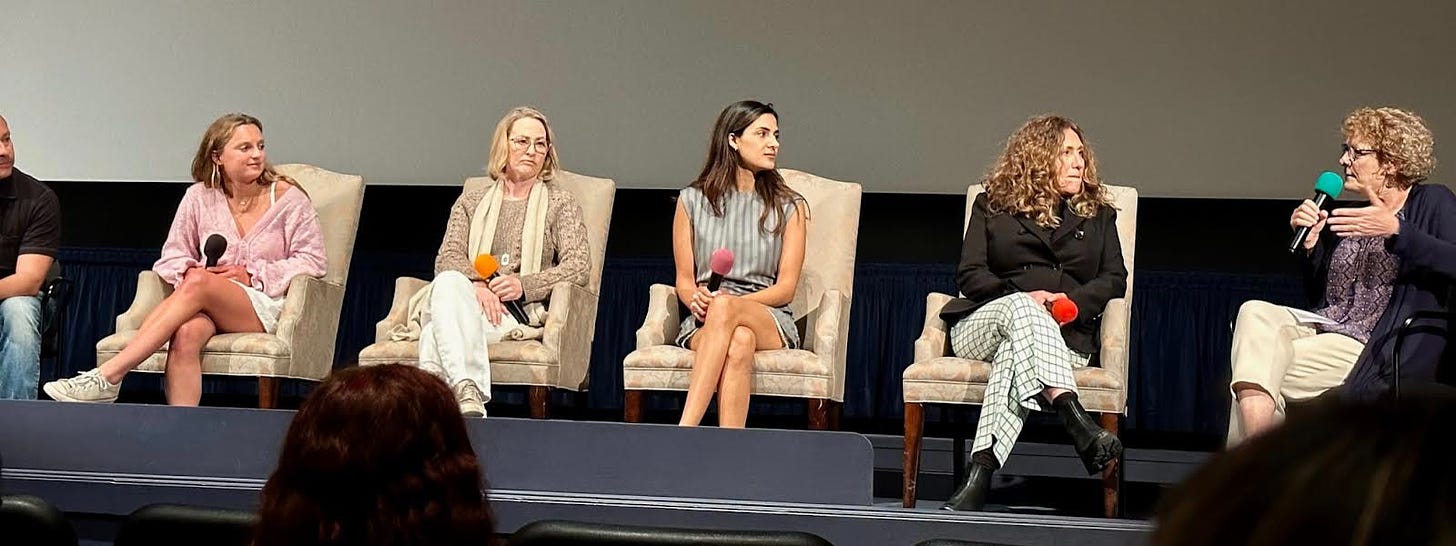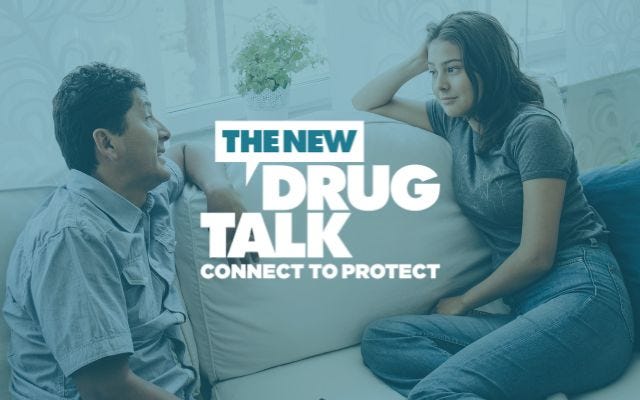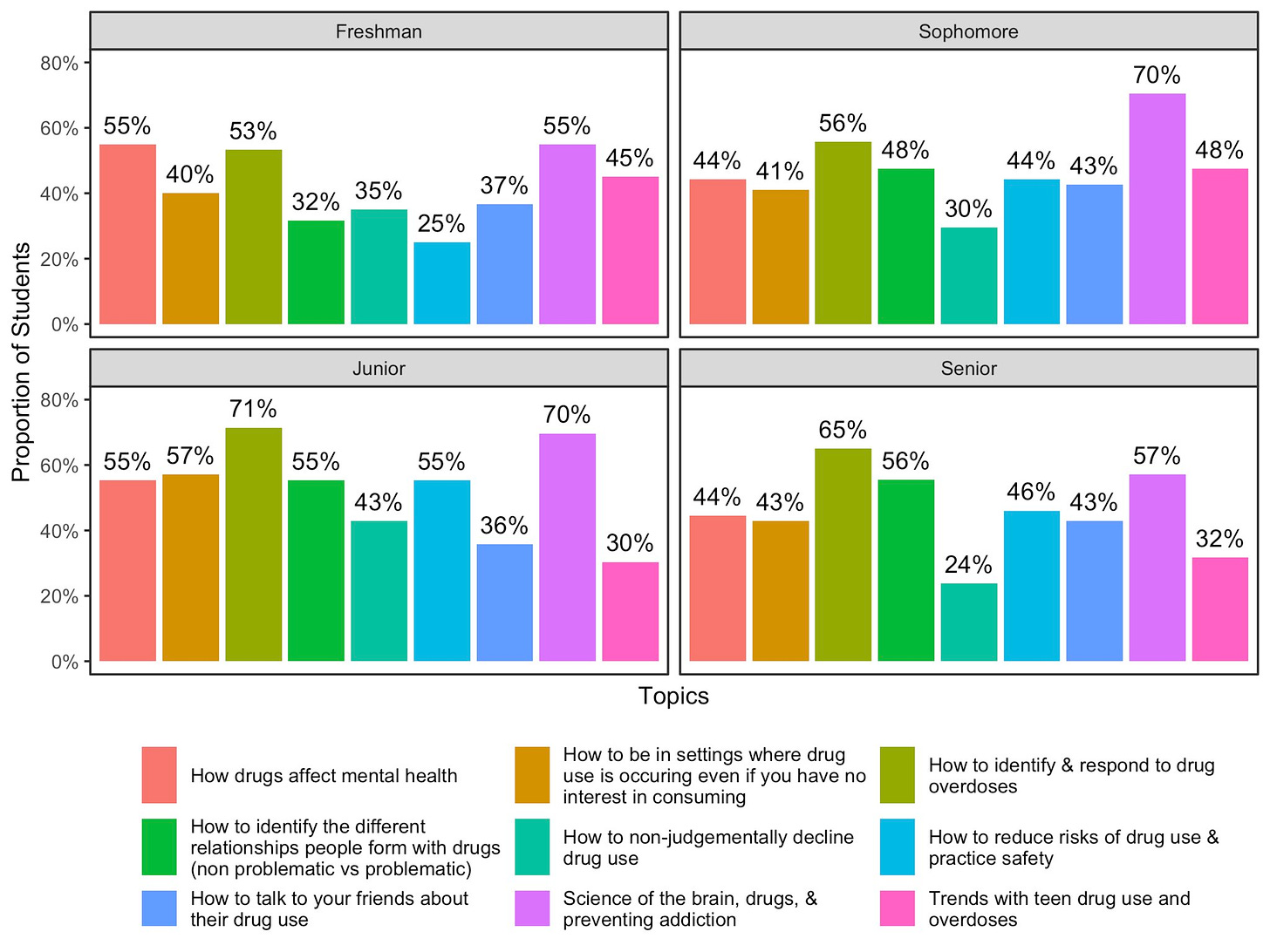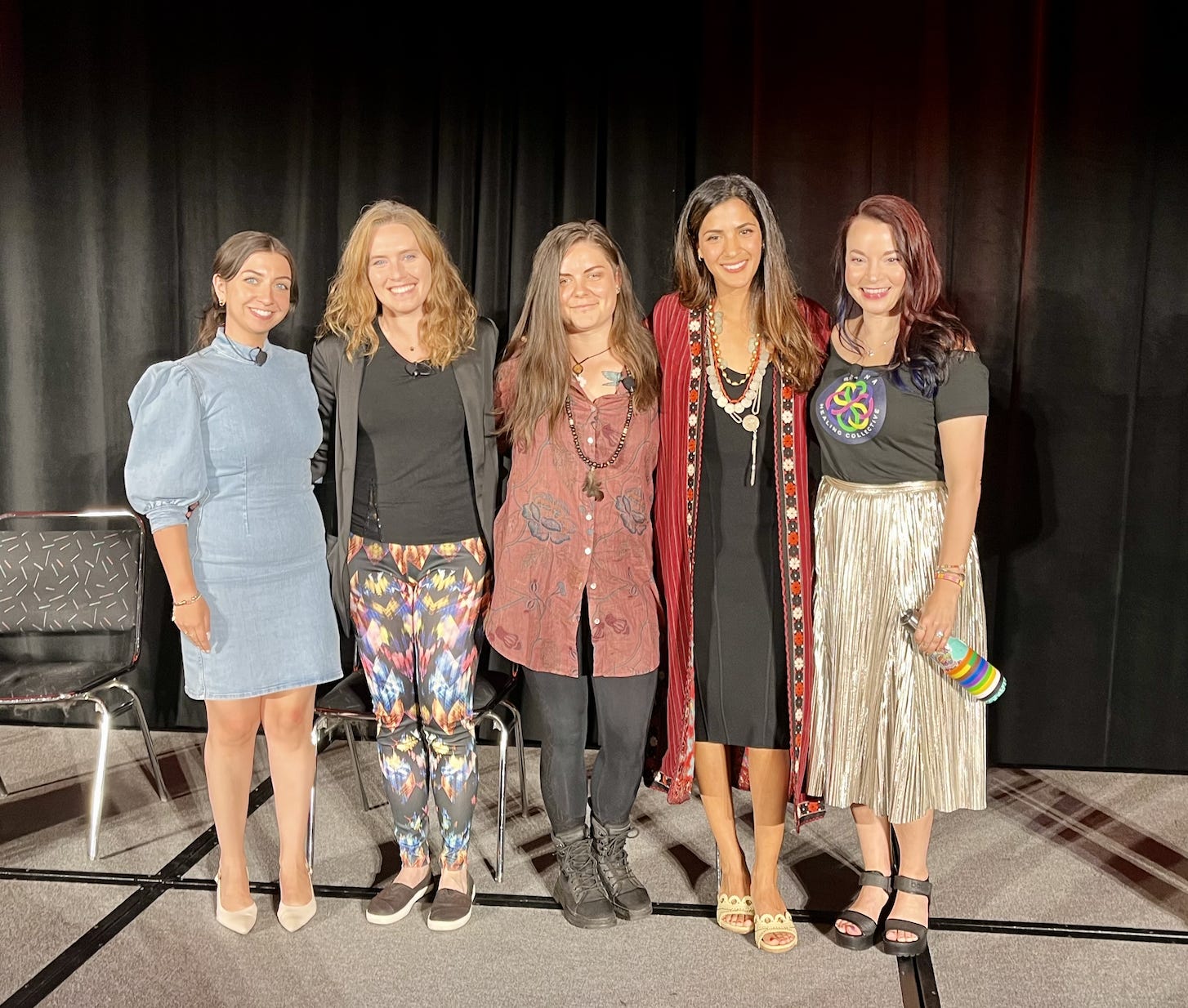As we turn the page on the outdated "Just Say No" ideology and its lingering shadow of, "Just Say Nothing," we embrace a new era marked by the "Just Say Know" philosophy. This reality-based approach to drug education has witnessed unprecedented support from both conservative and progressive stakeholders this past year, signifying a widespread and unified desire for change.
This year is also momentous as it marks the 10th anniversary of my journey in establishing and leading Know Drugs, the nation’s first harm-reduction drug education organization.
My introduction to this problem space began at the age of 19. I was recovering from a reckless and dangerous relationship with alcohol, cannabis, and other drugs and losing friends to overdoses caused by mixing prescription pills and alcohol. When I transferred to UC Berkeley in the fall of 2014 for my undergraduate studies, I saw again the consequences of young people entering the maze of substance experimentation without honest information and safety nets.
A normalized culture of alcohol poisoning, blackouts, binging, drug mixing, misrepresented pills, sexual assaults, harassment, humiliation, violence, and losing consciousness in public settings (to name a few). Non-addicted, naive adolescents using too much, too fast, unintentionally, unknowingly, and dangerously. The naive were leading the naive, and asking for help came at too high of a bar with the fear of punishment or retaliation.
This system of letting teens drown because we told them “not to do that”, and nothing more, was unjust, discriminatory, and deadly. Whether or not we like it, most teens will decide to use drugs before they even graduate high school. They deserve swimming lessons, floaties, and lifeguards to keep them alive.
I vividly recall the moment I presented my vision of drug education reform in schools to Dr. David Presti during office hours (the infamous “drugs and the brain” professor). He smiled, validated, and encouraged me to pursue this path, but with the caveat that this may take a lifetime. I walked out of his office not discouraged, but realistically committed. I decided this is a worthwhile use of a lifetime, and I have pursued the advancement of drug education in schools since that day tirelessly.
In the early days, my challenge was not just the work itself but the solitude it entailed. The path was often lonely without peers, mentors, and organizations to forge the way forward together.
However, in recent years, I’ve witnessed an influx of people and attention. Regrettably, it took a crisis – the deadly presence of fentanyl in the illicit drug supply (responsible for 84% of teen drug overdose deaths)– to bring more voices and urgency into our fold, uniting us in the immediate need for a drug education reform.
Amidst these harrowing challenges, I’ve discovered a caring and committed network of mentors, partners, and collaborators. The last two years have been marked by collaboration and collective effort that has propelled our field forward.
Today, my hopes for honest drug education in schools are no longer a distant dream. In 2023 alone, states such as Illinois, Oregon, Texas , and Mississippi all mandated overdose prevention education based on the ‘ Just Say Know’ philosophy. What once appeared as a lifelong endeavor stands before us as a very close reality, promising every young person in our nation the right to informed, compassionate guidance and support.
I extend my heartfelt gratitude to every student, collaborator, team member, advisor, government agency, and school leader who has journeyed with me.
Together, we're not just changing the narrative; we're rewriting the future of drug education.
Read on to see what Know Drugs has been up to in 2023, and where we are going.
Sincerely,
Rhana Hashemi
Founder, Executive Director
www.knowdrugs.com
Worlds Colliding
The most groundbreaking collaboration we have witnessed and been a part of is the unification of the drug policy reform and adolescent health world. In March of 2023, the Drug Policy Alliance transferred their Safety First curriculum, the brain child of Dr. Marsha Rosenbaum, to Stanford Medicine’s REACH Lab. The Stanford Medicine’s REACH Lab has deep expertise in developing curricula for young people and will further develop, expand, and evaluate Safety First.
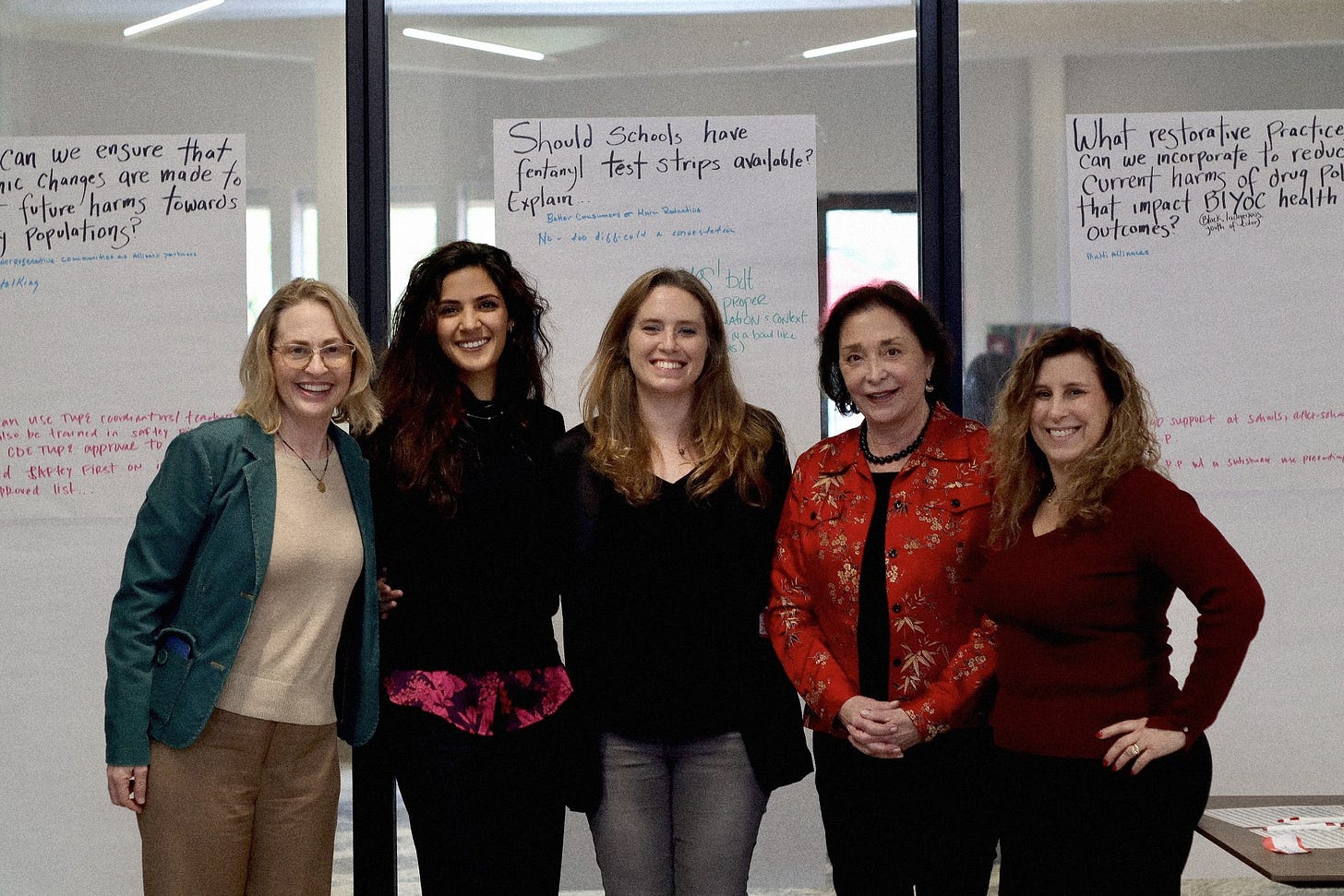
Know Drugs has come on as an advisor for the REACH Lab to assist in the development and advancement of Safety First.
Early this year, we developed and launched an inaugural harm reduction education Teacher Training. These trainings are instrumental in ensuring the effective implementation of the Safety-First curriculum and are offered for free virtually, along with the curriculum and all materials.
Fun fact: the teacher training was co-created with Scott Gilbert at the REACH lab. Scott didn’t remember this, but he let Rhana attend a state-wide health educator conference that he was running in 2016. Rhana was looking to interview school health workers (read the paper based on her findings here ), and Scott made her work possible by happily opening his conference doors. It was a full circle moment, now at Stanford, creating and facilitating harm reduction teacher trainings together. Thank you, Scott!
Balancing the Future with the Present Need
We are moving in the right direction, and at the same time, we see gaps in our future. How will schools respond to students at school who are using drugs? Right now, these are our most at-risk youth. To be clear, drug use at school is not okay, and one of the higher-risk styles of use. It should be prevented and deterred. At the same time, punishing and disengaging these students from the educational community has far-reaching negative consequences, in addition to not reducing drug use. We know what doesn’t work, but we don’t know what to replace these drug war-era zero-tolerance policies with! This is the exact question Rhana entered her Ph.D. in Social Psychology to solve, under the mentorship of Dr. Greg Walton. How should schools prevent and respond to student drug use in a way that upholds healthy norms but also is effective at preventing on-campus use? What do you say or do when you catch a student on campus getting high without shaming or punishing them?
Working Hypothesis: Making students who use drugs feel like they belong in school, unconditional of their drug use. Setting clear expectations that drug use at school is not okay because schools are sacred spaces to help you become (clear norms around setting), and you believe in them (high expectation messages).
“There's nothing more useful than a good theory” - Kurt Lewin
Making Our Schools Self-Sufficient with a Hybrid Model of Drug Education
For the schools that we have been a full capacity presence at, single-handedly providing comprehensive education to all their students, we have shifted into a hybrid model of services. What this looks like is Know Drugs speakers coming in for an 'intro' or 'sensitive subject' conversation with students about drugs and teenage experimentation. We share personal stories and set a non-judgmental and inclusive tone for the education to come. Select teachers at the school site are trained in both the knowledge and philosophy of harm reduction drug education, and they go on to deliver 2 lessons. We return for a final anonymous Q&A session.
Here is a teacher at the Nueva School reflection after delivering drug education for the first time:
"The students were deeply engaged, had lots of questions that led to meaningful discussion, and did a lot of great learning in terms of drug use & harm reduction strategies as a result of your curriculum. Plus, we got some excellent Drug PSA posters from it as well, which were both so fun to watch students make/present, and for myself personally, were a positive reminder of how much more kind and informative drug education can be when done with compassion. So, this all to say, Alison and I are so appreciative of you, your time, and your expertise."
We also piloted this hybrid model of a guest speaker & trained full-time teacher at San Francisco middle school, La Scuola. Here’s what a 6th grader had to say after the first day of drug education, reflecting on how the way we talk with kids about drugs (Socratic method), is maybe even more important than what information we share:
“I wish more programs were taught like this. With this way of learning, students feel involved and respected for what they know.”
Drugs in the Digital Era
Rhana and the Safety First curriculum were featured in the new Screenagers film 'UNDER THE INFLUENCE' that premiered in 2023. UNDER THE INFLUENCE examined the impact of our digital age on teens' decision-making about substances such as vaping, drugs, and alcohol. It is a fantastic film, exploring the latest research and learning more about the personal experiences of teens and families, the film highlights the changing landscape of the substances themselves, offering solutions for how we can best empower teens as they face decisions about what they will and will not be influenced by.
Find a local screening here or host one at your school!
Adults Need Drug Education Too!
In the past three years, drug-related deaths among California teens have nearly tripled. Yet, startlingly, only 3 out of 10 teens and young adults in California have had a conversation with their parents about drug misuse. It's not just the youth who need awareness; parents and adults must be educated as well.
Filling in the gaps for parents who want to talk with their kids about fentanyl, we helped develop California's first parent drug education portal ‘The New Drug Talk’. This comprehensive platform covers the evolving drug landscape, harm reduction techniques, insights into youth substance use and mental health, and effective communication tactics. It also provides real-life examples to make these discussions more approachable and constructive.
A heartfelt thanks to Song for Charlie, the California Department of Healthcare Services, and the outstanding team of specialists and collaborators we had the privilege of working alongside.
Learn more at thenewdrugtalk.org and schedule a time to watch the 30-minute documentary with your students or children.
Harnessing Youth's Motivation to Create Change as a Prevention Strategy
Another notable project we worked on this year was helping Marin Healthy Youth Partnership create a prevention campaign to encourage 'Passion as Prevention'. The idea was born out of previous work the community coalition has done with adults, but there was a desire to involve youth in community health/culture change but with a drug prevention spin. One of Rhana’s Ph.D. advisors, Dr. Carol Dweck, known for her work in mindset interventions, shared an interesting finding. When asking a nationally representative sample of 14,000 high schoolers 'Why is it important for you to have a healthy brain?', the overwhelming response (90%) said 'so I can contribute to social change'. WOW!
Young people want to make an impact: they want to influence climate change, promote racial justice, reduce wealth inequality, etc. Drawing on their intrinsic motivations for agency and contribution, we created a campaign that framed drug prevention as a means to discovering your passions and purpose, so you can create the change that is authentic and meaningful to you.
Dopamine, once heralded for its addictive qualities, was reframed as an intrinsic navigational tool for discovering who we are and what we care about. Not over-saturating ourselves with high levels of dopamine (via drugs) becomes necessary to maintain sensitivity to this internal compass!
State-Level Policy Changes
We made history with the first state law to mandate 'harm reduction' standards in school-based drug education across the state!
LOUIE'S LAW, AKA the Drug Prevention & Youth Overdose Prevention Act, was signed into law this summer, after unanimously being passed in the House and Senate with bipartisan support, in the state of Illinois.
Yup, standards in drug education did not exist before this. Know Drugs advised on the accepted standards and drew largely off Safety First's principles and objectives.
We are so grateful for the team of advocates and mental health practitioners in Illinois who made this win possible! They created a blueprint that more states will follow, and many young people’s lives will be saved.
Watch the announcement on FOX32 Chicago.
Other Notable Policy Changes in the Drug Education Field
Protecting Kids from Fentanyl Act of 2023: This bill will allow states to use the $146 million in grant funding through the Department of Health and Human Services to educate children and provide training and naloxone to teachers and school employees to save lives.
Staying Relevant to Community Needs and Youth Feedback While Moving into Scale and Expansion
As we have moved away from working 1x1 with youth in schools, which was the absolute best way to maintain a pulse on their needs and challenges, we developed a youth survey to ensure our messaging and strategies remain relevant. We piloted this survey with 300 California high school students last Spring, and our brilliant teen intern Mirabelle Hwang (a former drug education student) took this concept and transformed it into a scalable, comprehensive, youth assessment survey. She has this tool under IRB review, and we hope to launch it in the Spring to produce generalizable knowledge about what youth are asking for from education and youth-serving organizations.
Notable Publications and Recorded Talks
The Hill Op-Ed: Rhana outlines the issues with the latest White House briefing, along with up-to-date, evidence-based resources, strategies, and approaches that the White House ought to consider offering to school districts.
What's Next?
We are working with the Department of Mental Health & Substance Abuse Services in Tennessee to develop tailored overdose prevention education materials for both high school and young adult populations. Public health agents will be trained, and they will deploy the materials in schools across all 95 counties.
The demand for harm reduction drug education is high, and we want to make sure every state and county is aware of the free Safety-First curriculum, training, and technical support offered by the REACH Lab. We believe this is the best curriculum out there and it is necessary that students this information. Please consider advocating for the curriculum and training in your community.
We continue to provide harm reduction consulting services for community, research, and government agencies working on problems in youth drug education, intervention, and policies. We are also available for guest speaking engagements at schools. Please inquire to learn more at rhana@knowdrugs.com.
Follow us on Instagram @Know.Drugs to stay up to date on projects throughout the year!



